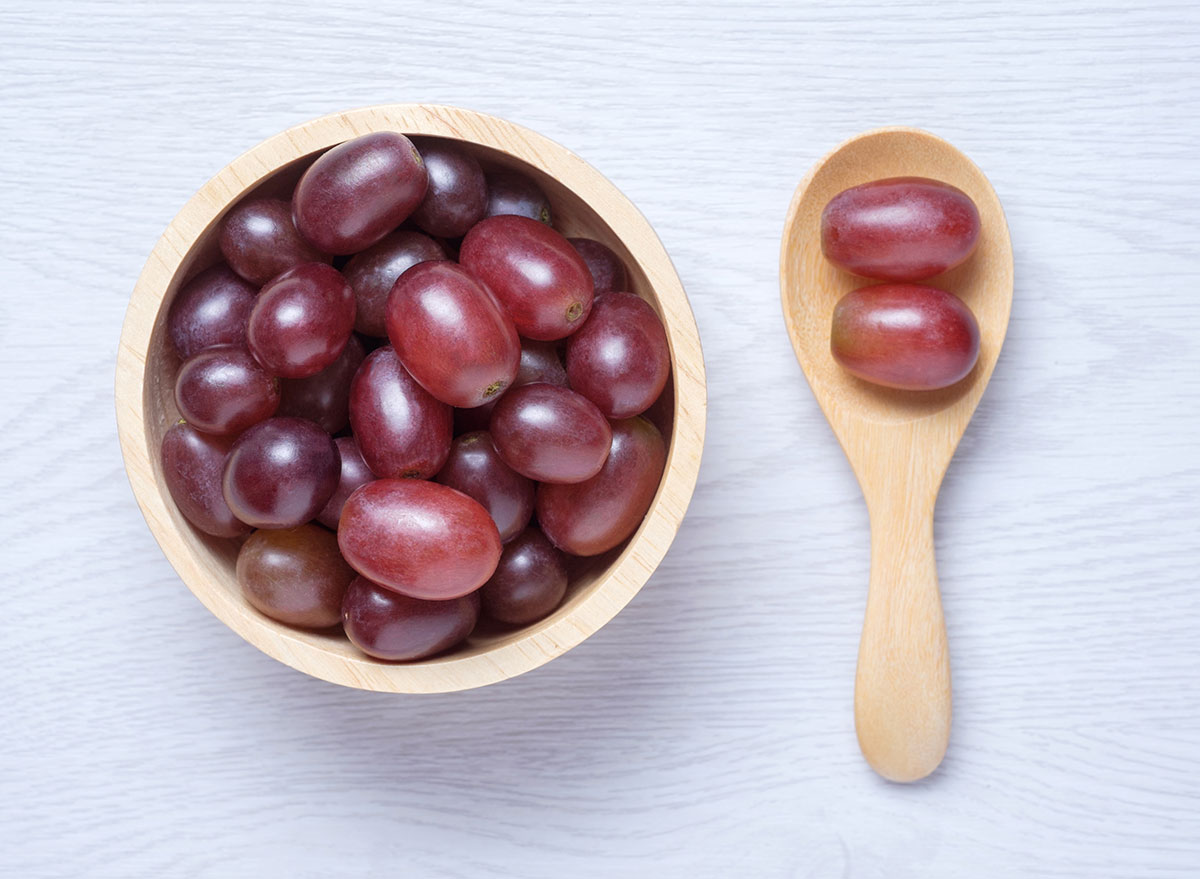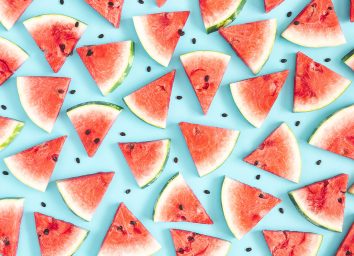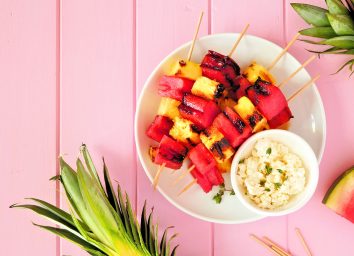One Major Side Effect of Eating Grapes, Says Dietitian

Red, green, or in between, grapes make a tasty snack just about any time. With their sweet flavor and juicy pop, these little round nibbles are basically nature's candy. Tucked in a chicken salad, draped artfully on a charcuterie board, or as a whole-food afternoon snack, they'll add color and nutrients to your diet with a minimum of fuss.
Along with antioxidants galore and a bit of fiber, there's one nutrient you might not know lies inside each juicy globe: vitamin K. In a 1-cup serving of raw table grapes, you'll find 22 micrograms of this micronutrient, supplying about 24% of the Recommended Dietary Allowance (RDA) for women and 18% for men. (Related: The 7 Healthiest Foods to Eat Right Now)
For most people, getting plenty of vitamin K is a very good thing.
"Vitamin K is one of the essential nutrients that helps your blood to clot," says Kelsey Lorencz, RDN of Graciously Nourished. "Deficiency in vitamin K can lead to increased bruising or excessive bleeding when you get a cut because there's not enough in your system to help your blood to clot."
But one group of people may need to be careful about just how much of this nutrient they get from grapes.
"People who take medications to keep their blood from clotting need to be mindful of vitamin K," says Lorencz. "Eating too much or too little vitamin K while on a blood-thinning medication can make the medications not as effective or too effective, leading to life-threatening blood clots or excessive bleeding and bruising."
If you're on a blood thinner (such as Coumadin or Warfarin), no need to panic—or even to necessarily nix grapes from your diet.
"Eating grapes shouldn't be too much of a concern if you're on blood-thinning medication, but depending on portions and how many other moderate-vitamin K foods you're eating, they could make a difference," says Lorencz.
She recommends using a chart of high, moderate, and low vitamin K foods to pick approximately the same amount from each group daily. (To get started, check out our list of the best vitamin K-rich foods.)
If grapes make it into your diet on a regular basis, great! Just remember that, while on these medications, dietary consistency is key.
"On blood thinners, the most important thing is to keep your vitamin K intake consistent," says Lorencz. "If you are going to be eating more food with vitamin K, such as when fresh spinach is growing in your garden, be sure to alert your doctor before you increase your consumption and again when you cut back."








